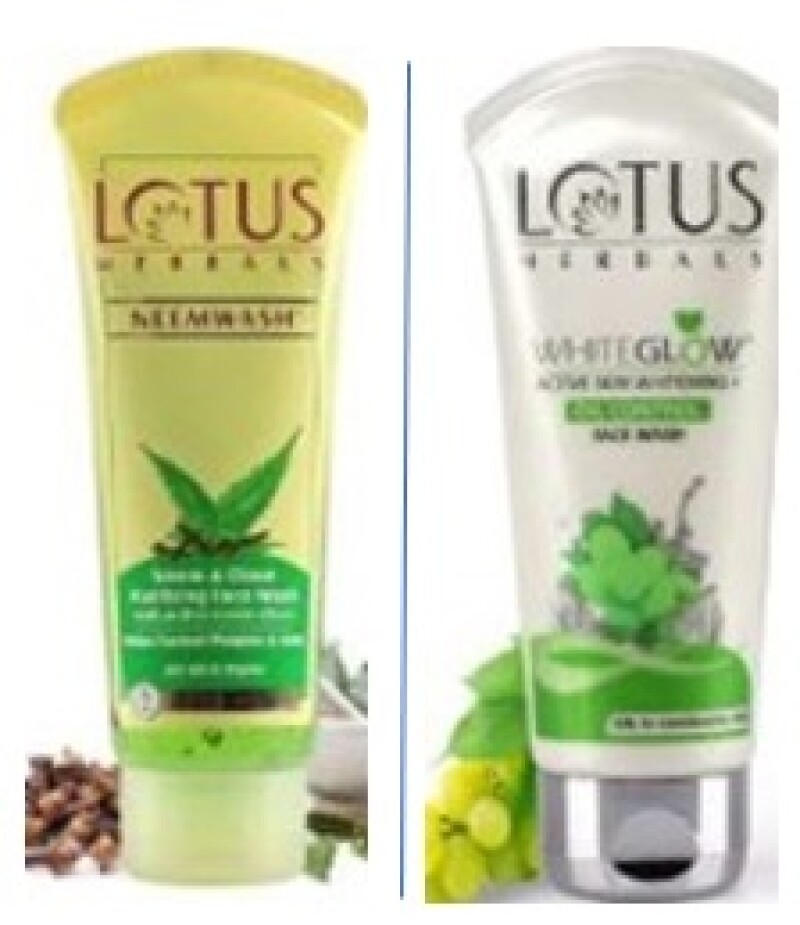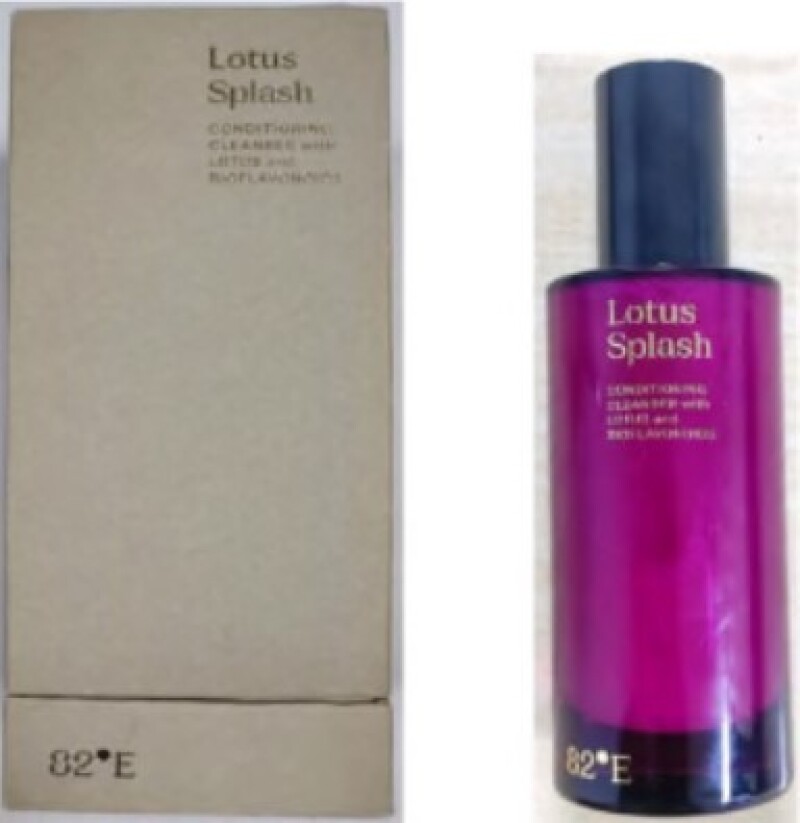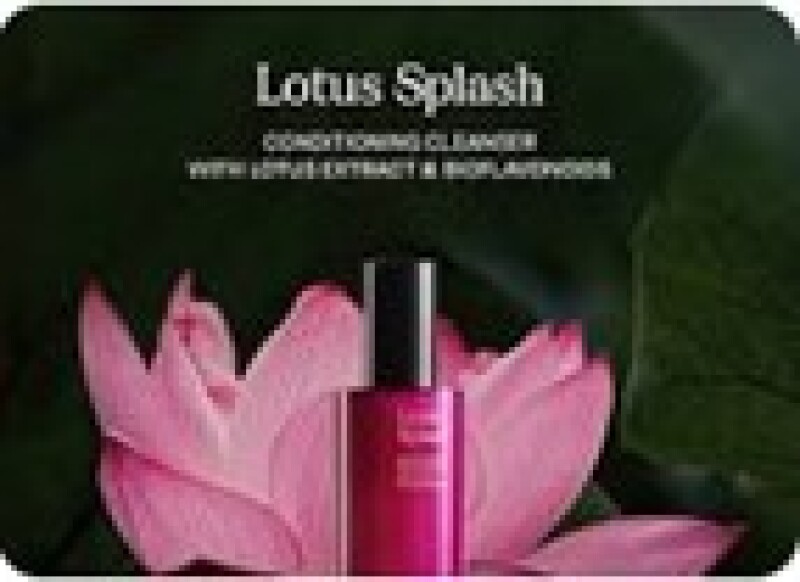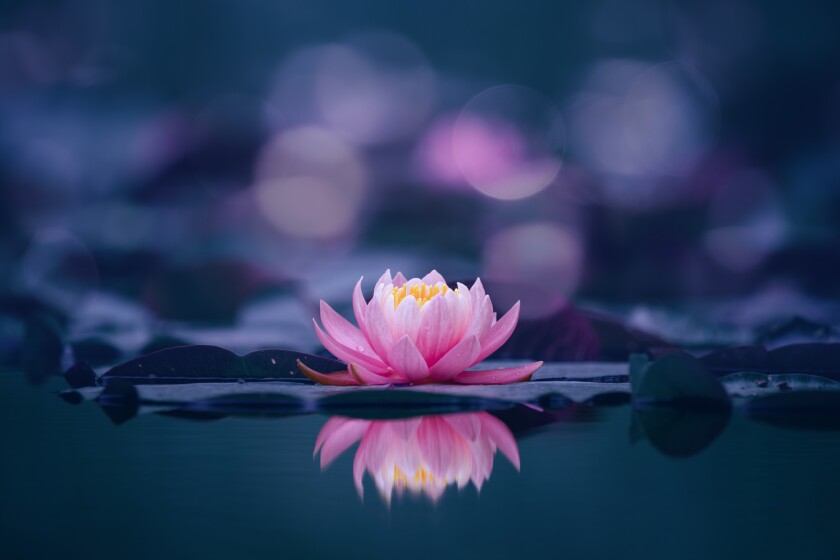Two parties in the cosmetics trade have been at odds over the use of the word “Lotus” for face cleanser. Lotus Herbals Private Limited (Lotus Herbals) filed a suit at the High Court of Delhi against DPKA Universal Consumer Ventures Private Limited & Ors (Universal Consumer), alleging, among others, trademark infringement and passing off.
Lotus Herbals sought to restrain Universal Consumer from using the mark ‘Lotus Splash’ or any other mark that contains the word “Lotus” pending disposal of the suit. This article discusses the contentions raised by the parties in the injunction application and the order passed by the court on January 25 2024.
Lotus Herbals made the following points in its case:
It adopted the mark ‘Lotus’ in relation to its business in 1993 and sells more than 1,000 skin and haircare products under the house mark ‘Lotus’, including the below.

It has registrations for ‘Lotus’ and many Lotus formative marks in classes 3 and 5, and obtained copyright registration in 2011.
Sales figures and promotional expenses evidence its goodwill and reputation, and the trade and public associate the ‘Lotus’ mark and Lotus formative marks with it exclusively.
It is aggrieved by the use of the mark ‘Lotus Splash’ by Universal Consumer in relation to face cleanser (see below). The use of the mark ‘Lotus’, along with the word “Splash”, is bound to cause confusion as the rival products are being used in relation to similar products. Thus, it amounts to trademark infringement and passing off.

The argument that Universal Consumer uses the mark ‘Lotus Splash’ in a descriptive manner is false and merely made for the sake of argument. Universal Consumer is using “Ashwagandha Bounce”, “Licorice Beam”, “Patchouli Glow”, and “Turmeric Shield”, etc. in the trademark sense, for which it has applied for registration as well. Thus, it cannot contend otherwise in relation to ‘Lotus Splash’.
‘Lotus Splash’ cannot be descriptive; at best it is suggestive, and for a consumer, the point of reference is the mark and not its ingredients.
Universal Consumer opposed the injunction by raising the following contentions:
Lotus is the main ingredient of the Lotus Splash product and indicates its constituents; thus, Universal Consumer is entitled to benefit under Section 30(2)(a) of the Trade Marks Act, 1999 (the Trade Marks Act);
The tagline for the Lotus Splash product uses the caption “conditioning cleanser with lotus and bioflavonoids” (see below); and
It sells all its cosmetic products under the mark ‘82°E’ and there is no lack of bona fides.

The court’s findings
Lotus Herbals has a registration for ‘Lotus’ and Lotus formative marks in class 3 in relation to cosmetics. Universal Consumer uses ‘Lotus Splash’ in relation to face cleansers and there is an overlap of goods. Considering “Lotus” is the dominant portion in the mark ‘Lotus Splash’, there is a possibility of the consumer associating Lotus Splash with Lotus Herbals’ products.
The court found that at a prima facie stage, there is no reason for it to believe that a consumer of average intelligence and imperfect recollection who sees the Lotus Herbals product first would not be confused with Lotus Splash face wash, especially given that the mark ‘Lotus’ is contained in its entirety in the mark ‘Lotus Splash’ and is being used in relation to cosmetic products. Thus, a prima facie case of infringement under Section 29 of the Trade Marks Act was found.
However, Universal Consumer sought to avail itself of Section 30(2)(a), which provides that the use of a registered trademark to indicate the kind, quality, quantity, intended purpose, value, geographical origin, etc. would not amount to infringement. Section 30(2) is an exception to the infringement provisions contained in Section 29.
In this case, Universal Consumer did not apply for registration of the mark ‘Lotus Splash’ as a trademark. Thus, there can be no question of estoppel against it from invoking Section 30(2)(a) of the Trade Marks Act in its defence to indicate that the product contains lotus extract. Lotus Herbals’ contention that ‘Lotus Splash’ does not qualify for the benefit of Section 30(2)(a) as it is not descriptive but only suggestive ought not to succeed. Moreover, the distinction between descriptive and suggestive marks is not significant where the applicability of Section 30(2)(a) is concerned.
In fact, lotus flower extract is a key ingredient in Lotus Splash. Lotus forms a dominant part of the overall mark ‘Lotus Splash’, which entitles Universal Consumer to the benefit of Section 30(2)(a) of the Trade Marks Act. This is evident from the description below “Lotus Splash” on the bottle, which reads “conditioning cleanser with lotus and bioflavonoids” [emphasis added]. Viewed from the perspective of a consumer of average intelligence and imperfect recollection, the court was prima facie convinced that the words “Lotus Splash” immediately convey the impression that the product contains lotus as a key ingredient.
Universal Consumer’s stand is substantiated by the fact that it uses similar names for all its products in which the key ingredients of the product form the first word of the name, such as Ashwagandha Bounce, Turmeric Shield, and Licorice Beam. Thus, Lotus Splash inherently indicates not only the primary ingredient, which is lotus flower extract, but also the characteristic of the product as a face wash. Moreover, Universal Consumer’s product packaging contains the mark ‘82°E’, which indicates that the trademark is ‘82°E’ and not ‘Lotus Splash’.
In light of the above, the court held that Lotus Herbals had failed to make out a case for injunction and accordingly dismissed the application.
Comments on the case
The authors are of the view that the representation of the mark ‘Lotus Splash’ on the Universal Consumer bottle is prominent compared with the mark ‘82°E’ as depicted above, and sufficient to give the impression that lotus is used as an identifying feature of the product. Thus, it would seem the court should have directed Universal Consumer to reduce the font size and imposed restrictions on the manner of use of “Lotus Splash”.













